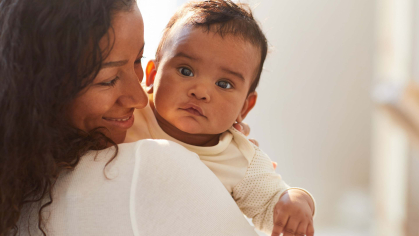Researchers Link Firearm Dealer Openings to Increases in Local Shootings

Opening new gun stores may raise neighborhood shooting rates for years, highlighting how firearm availability affects community violence, according to Rutgers researchers.
When a federally licensed firearm dealer opens in a neighborhood, local shootings tend to increase — and those higher rates last over time, according to a Rutgers-led study published in the American Journal of Preventive Medicine.
Led by Daniel Semenza, an associate professor at Rutgers University-Camden and director of research at the New Jersey Gun Violence Research Center, researchers examined how the opening and closing of federally licensed firearm dealers impact local shooting rates in United States neighborhoods over time.
“When new federally licensed firearm dealers open in neighborhoods, our results show that local shootings increase and stay high for years,” Semenza said. “Dealer openings are not just a business issue. They influence public safety by increasing access to guns in communities.”
Researchers analyzed data from more than 20,000 neighborhoods across the 100 largest U.S. cities from 2015 to 2022, linking annual counts of shootings with records of firearm dealer openings and closures. The researchers said the findings suggest the presence and regulation of firearm dealers have measurable effects on neighborhood safety.
Neighborhoods with a new firearm dealer opening experienced significant increases in shootings after two to three years. A dealer opening in a neighborhood that previously had no dealers was associated with a 7.5% increase in the rate of total shootings two years later and a 13.3% increase in the rate of total shootings three years later.
This suggests dealer openings are a critical factor driving neighborhood-level gun violence, with effects lasting over time, the researchers said.
Closing dealers alone is unlikely to reduce violence – the guns they sold remain in circulation – without broader efforts to limit supply and improve oversight, with efforts like closing illegal secondary markets.


